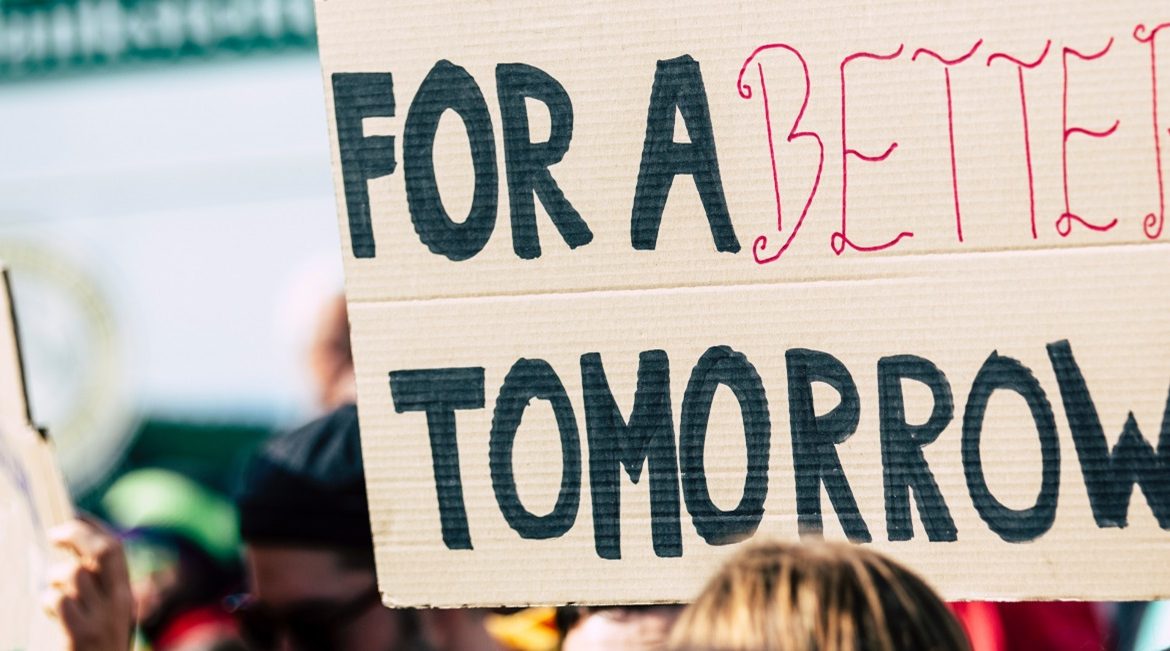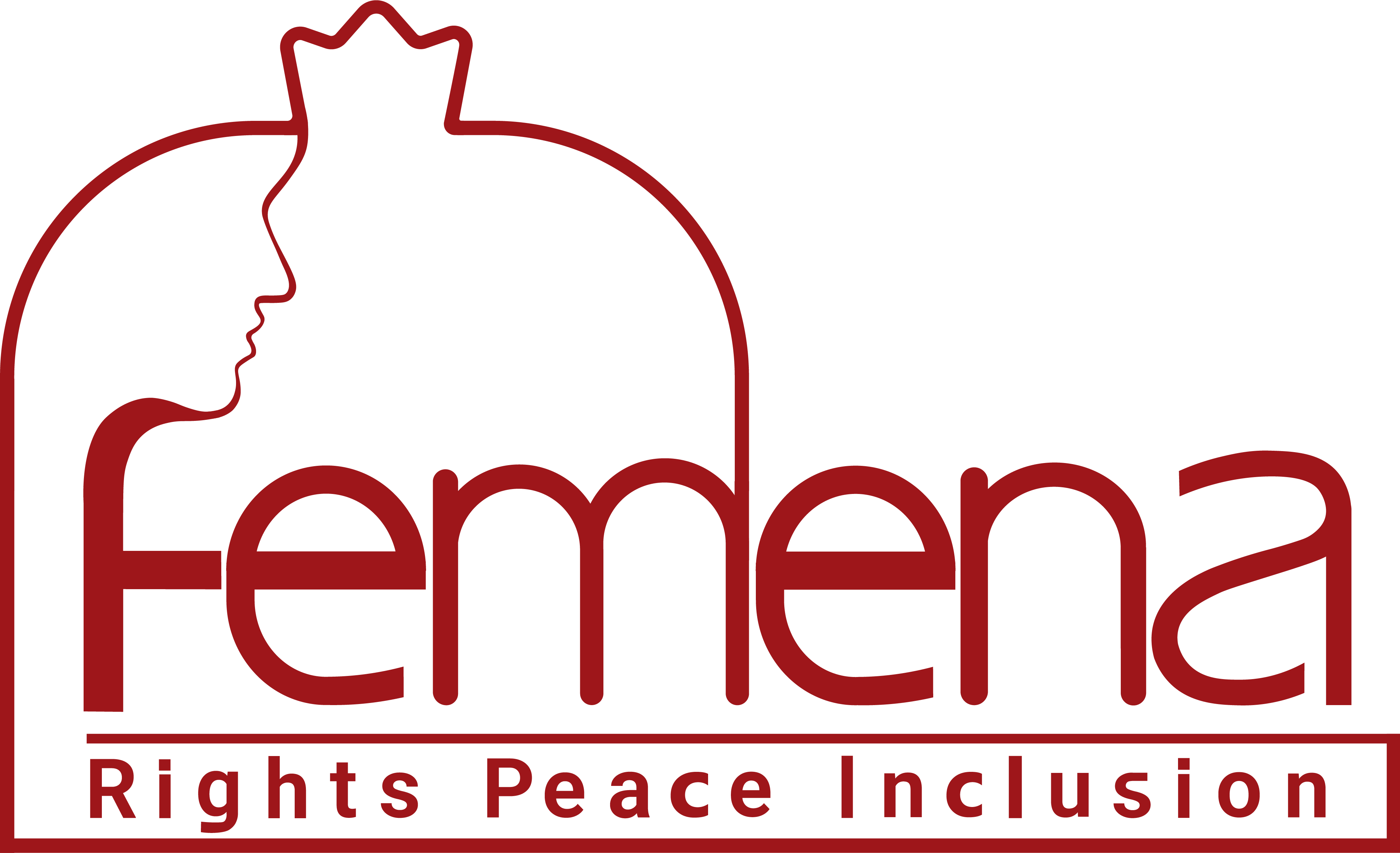
Amid escalating crises and conflicts in our country and the crisis-stricken region, alongside the influx of misleading and polarized news, and the spread of hatred using dehumanizing language, social activists might find themselves engulfed in despair, helplessness, and hopelessness. The feeling of powerlessness to initiate even the slightest change in such a situation can be overwhelming. How can we sustain our own well-being and remain dedicated to establishing justice and sustainable peace in the face of these challenges?
Tarek Maassarani, from Eastern Mennonite University in the United States, has provided valuable guidance to the students of the Justice and Peace Center of this university. This guidance aims to help individuals shift from feelings of hopelessness and despair to targeted activism during the height of crises such as the Palestinian-Israeli crisis, without causing more harm to ourselves and others. These tips can be applied to any crisis situation.
1. If you are not feeling emotionally well, honor it and take care of yourself. Be aware of how your emotional state will affect your ability to carry out basic life tasks, understand nuance, and communicate clearly.
2. Reach out to check in on friends, family, and colleagues who may be directly impacted, including those deemed to be on the “other side.” Even a simple “I am thinking about you and hope you are safe” can go a long way.
3. Think critically about the credibility of the information you are passively getting and its sources. The circumstances are ripe for the spread of harmful misinformation, particularly over social media.
4. Educate yourself proactively about the situation, including its structural and historical root causes, from a variety of sources, and seek out the stories of those least known to you. Add books written by Palestinian and Israeli authors to your reading list.
5. If you can do so safely, make thoughtful and nuanced public posts, comments, and statements. First, be clear about your intentions. Are they an attempt to process your own pain and anger, to share an important story or perspective, to earn acceptance and belonging in your community, or to acknowledge the suffering of others? Then carefully align your words with your intentions. Be mindful of how polarizing generalizations and dehumanizing language escalate conflict and compound harm. The issues are complex, vast power differences need to be taken into consideration, and multiple perspectives can be simultaneously valid. For example, one CAN simultaneously acknowledge the historic persecution and ongoing antisemitic violence suffered by Jews AND the dispossession and decades of military occupation of Palestinians; as well as, Hamas’ past and current campaigns of kidnapping and killing Jewish civilians AND the Israeli’s military’s ongoing bombing campaign of displacing and killing civilians in the sealed off Gaza strip. Similarly, one CAN value the loss of even one life taken in the most horrifying way AND acknowledge the disproportionate rates of death and deprivation.
6. Start or sign an emergency petition to place pressure on key stakeholders for an end to direct hostilities.
7. Donate time and money where it will make a meaningful difference in either reducing the immediate humanitarian crisis or addressing the root causes of the conflict.
8. And don’t stop when the bombs do. Use whatever means of political influence available to you to advocate for better policy in the longer term. I believe sustainable and just peace is hampered by persistent failures of sound foreign and domestic policies by leadership in Israel, Palestine, the United States, and beyond. Find out how your leaders have contributed to the structural and direct violence and do what is within your capacity to change it, whether it is through demonstrations, voting, advocacy, civil disobedience, running for office, etc. Consider joining one of the many groups who have been organizing in support of better policy for years. Of course, ordinary Gazans, who are and have been most concerned with mere survival, have the most limited options for exercising any such political influence.


